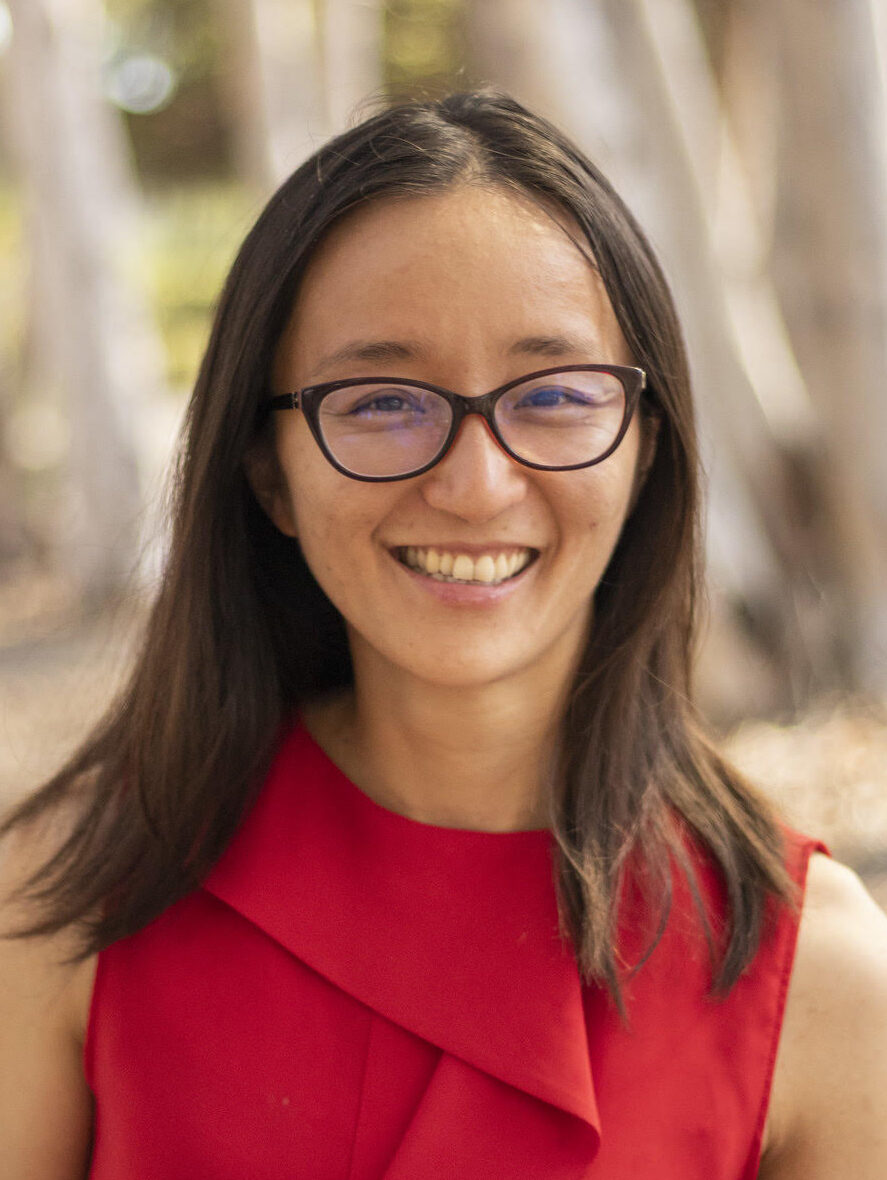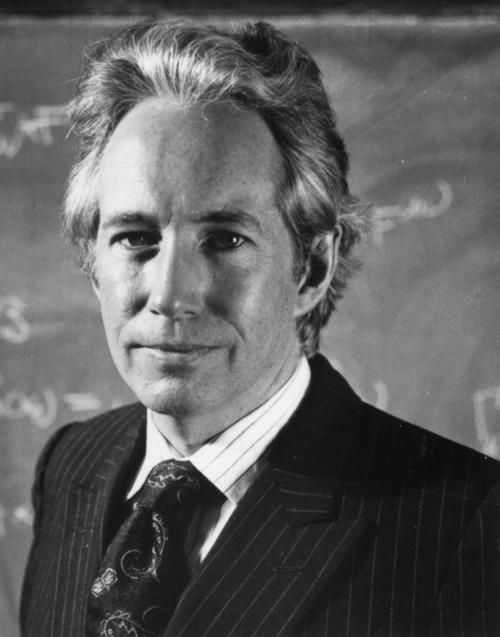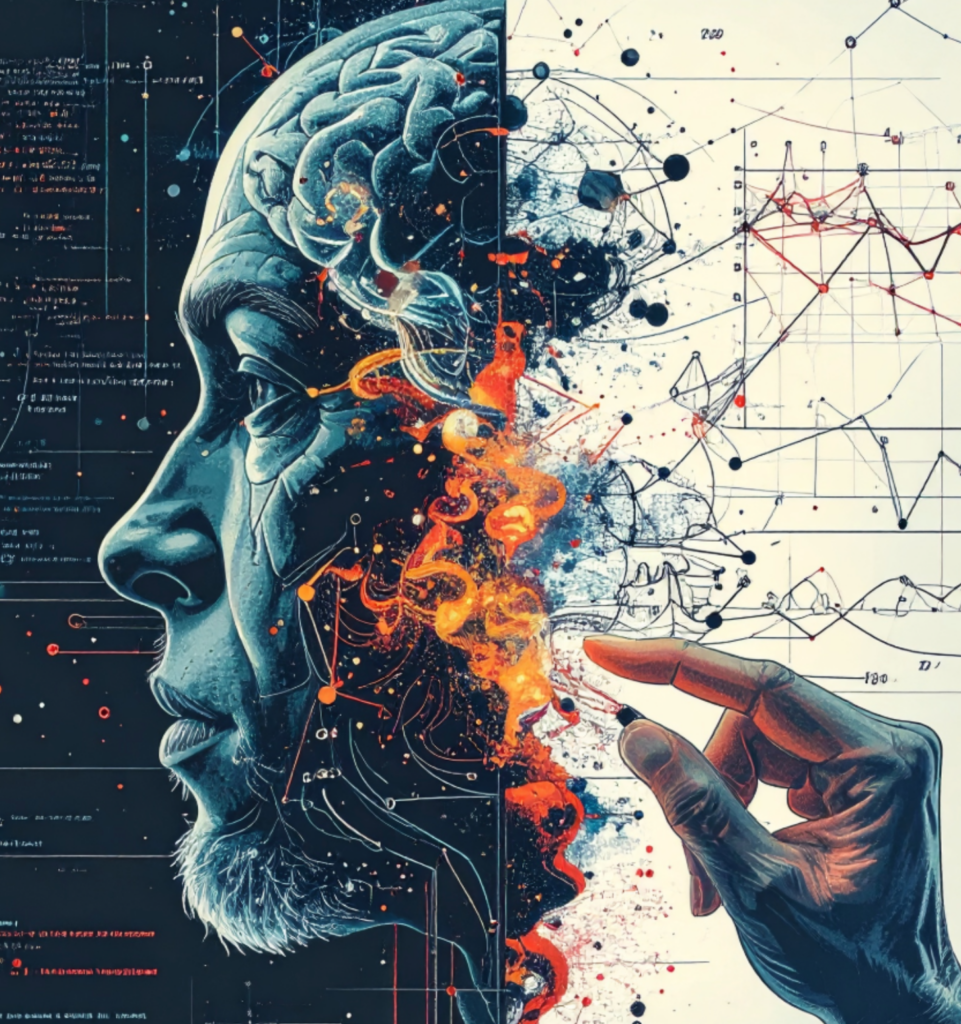

Public Lecture
14 Billion Years in the Life of a Dark Matter Particle
Tongyan Lin
University of California San Diego
Wed, Jul 5, 5:30–6:30pm
What is life like as a subatomic particle? It depends who you ask. There are the particles we know and love in the Standard Model of particle physics. Some of them live billions of years, some of them struggle to last beyond a billionth of a billionth of a second. And then there’s the dark matter, whose properties are shrouded in mystery. Dark matter is the dominant form of matter in the universe, whose existence is closely connected to our own, but its exact character remains elusive. In this talk, Lin will describe the ongoing quest to uncover the hidden life of the dark matter particle.

About Tongyan Lin
Tongyan Lin works in theoretical particle physics and cosmology, studying models of dark matter and methods to detect the particle properties of dark matter. She works on a variety of possible signatures of dark matter, including in astrophysical data or in underground direct detection experiments. Currently, Dr. Lin is an Associate Professor of Physics at the University of California, San Diego. She obtained her Ph.D. from Harvard University in 2012 and was previously a postdoctoral researcher at the Kavli Institute for Cosmological Physics in the University of Chicago and at the University of California, Berkeley. She is also a recipient of the Sloan Research Fellowship Award, Macronix Young Research Award, and DOE Early Career Award.
Heinz R. Pagels Public Lecture Series
Heinz R Pagels was a professor of physics at Rockefeller University, president of the New York Academy of Science, a trustee of the Aspen Institute, and a member of the Aspen Center for Physics for twenty years, serving as a participant, officer, and trustee. He was also President of the International League for Human Rights. His work on chaos theory inspired the character of Ian Malcolm in the Jurassic Park book and movies. A part-time local resident, Professor Pagels died here in a mountaineering accident in 1988. His family and friends instituted the lecture series in his honor because he devoted a substantial part of his life to effective public dissemination of scientific knowledge.



